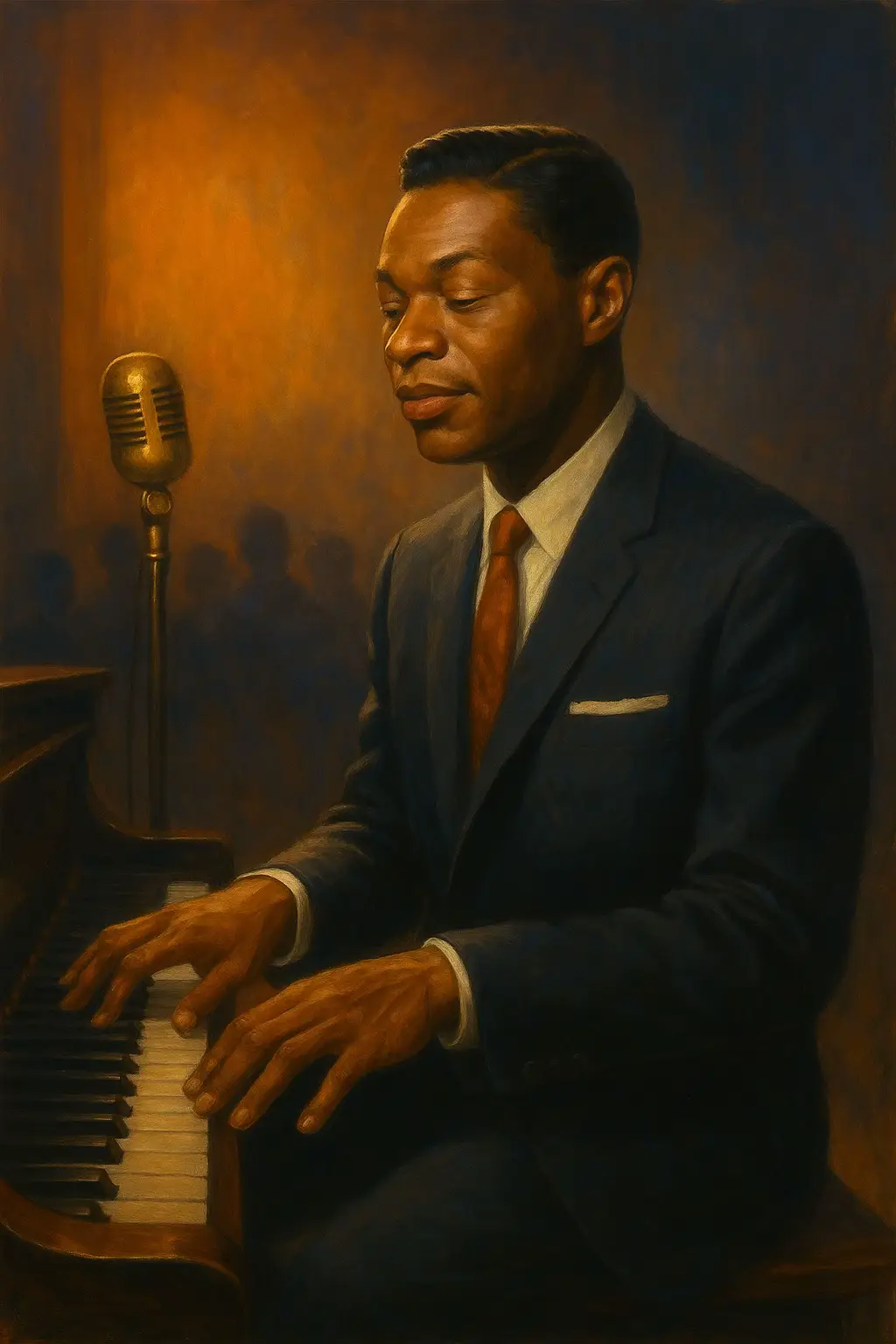Flameium
Region: US
Thursday 02 October 2025 00:36:46 GMT
5059
924
6
95
Music
Download
Comments
pana :
2025-10-02 01:16:17
32
🤎🪶MUMEI FOREVER🪶🤎 :
2025-10-02 13:31:22
12
dude2816 :
Look at her go💚
2025-10-02 15:25:42
6
justanotherlonelyloser :
the project of the nimi witch
2025-10-02 02:53:34
11
webzsticky :
Break it down for me nurse
2025-10-02 02:29:38
7
🎼 :
My tapir is getting jiggy with it
2025-10-02 01:43:46
15
To see more videos from user @flameium, please go to the Tikwm
homepage.





